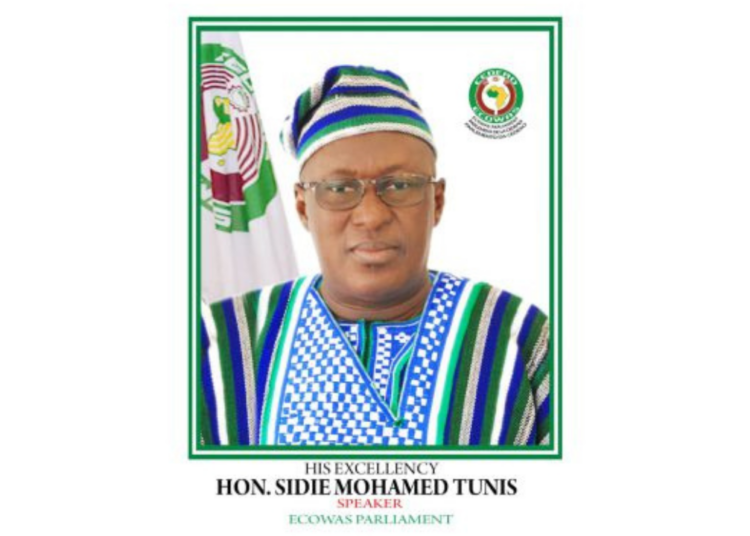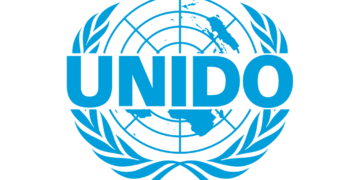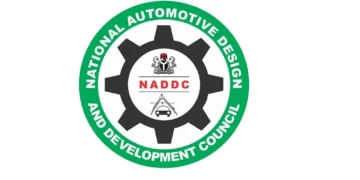The Parliament of the Economic Community of West African States (ECOWAS) has restated the need for economic development and regional solidarity in order to ensure self-reliance, security and prosperity of the region.
Speaker of the ECOWAS Parliament, Dr. Sidie Mohamed Tunis, disclosed this during his speech at the opening of the Second Ordinary Session of the ECOWAS Parliament 2023 in Abuja on Tuesday, where he told parliamentarians and member-states that the region can only address the myriad of challenges facing it by working together and investing in economic development.
In his speech in the presence of Nigerian President Bola Tinubu, who was represented by Deputy President of the Nigerian Senate, Jibril Barau, the Speaker said: “Only a foolish neighbour goes to bed when his neighbour’s roof is on fire.”
He added that “in a region of interconnected threats and challenges, we can only address our issues effectively through broad, deep, and sustained cooperation among States.”
The Sierra Leonean lawmaker warned member-states against over-reliance on outsiders to solve the region’s problems and the inherent disadvantages, stressing that greater self-reliance from ECOWAS member-states is the the most assured and sustainable path to regional economic development that will address the problems of the region.
“We need to be more self-reliant. Each Member State must take on more responsibility for the development and advancement of the ECOWAS region,” he said.
In recent times, the ECOWAS region has been plagued by a number of challenges and these include how to resolve the military intervention in Mali, Guinea, Burkina Faso, and Niger, as well as the slow rate of recovery from COVID-19 pandemic leading to increasing poverty and insecurity in some member states.
Dr. Tunis, however, expressed confidence that despite these challenges, the ECOWAS region was making progress, pointing at the just-concluded and successful Presidential and Legislative elections in the Republic of Liberia. He also praised the efforts of the Authority of Heads of State and Government of ECOWAS in sustaining peace and security in the region.
“The people of Liberia have shown us that democracy is possible in our region. “We can all learn from their example,” Tunis said.
He added that “the ECOWAS Authority of Heads of State and Government has played a vital role in maintaining peace and security in our region.”
Tunis said further: “I am confident that, with the mechanisms and institutions in place to prevent and manage conflicts, advance peace and development and foster trade and regional integration, we are on track to achieving our goal of becoming a model of regional cooperation and integration, not just in Africa, but around the world.”
For the records, the ECOWAS Parliament was established under Articles 6 and 13 of the ECOWAS Revised Treaty of 1993. The initial Protocol establishing the Parliament was signed in Abuja on August 6, 1994. It provided for the “Structure, Composition, Competence and other matters relating to the Parliament.” The Parliament is made up of one hundred and fifteen (115) seats and each Member State has a guaranteed minimum of five (5) seats. The remaining forty (40) seats are
shared on the basis of population.




